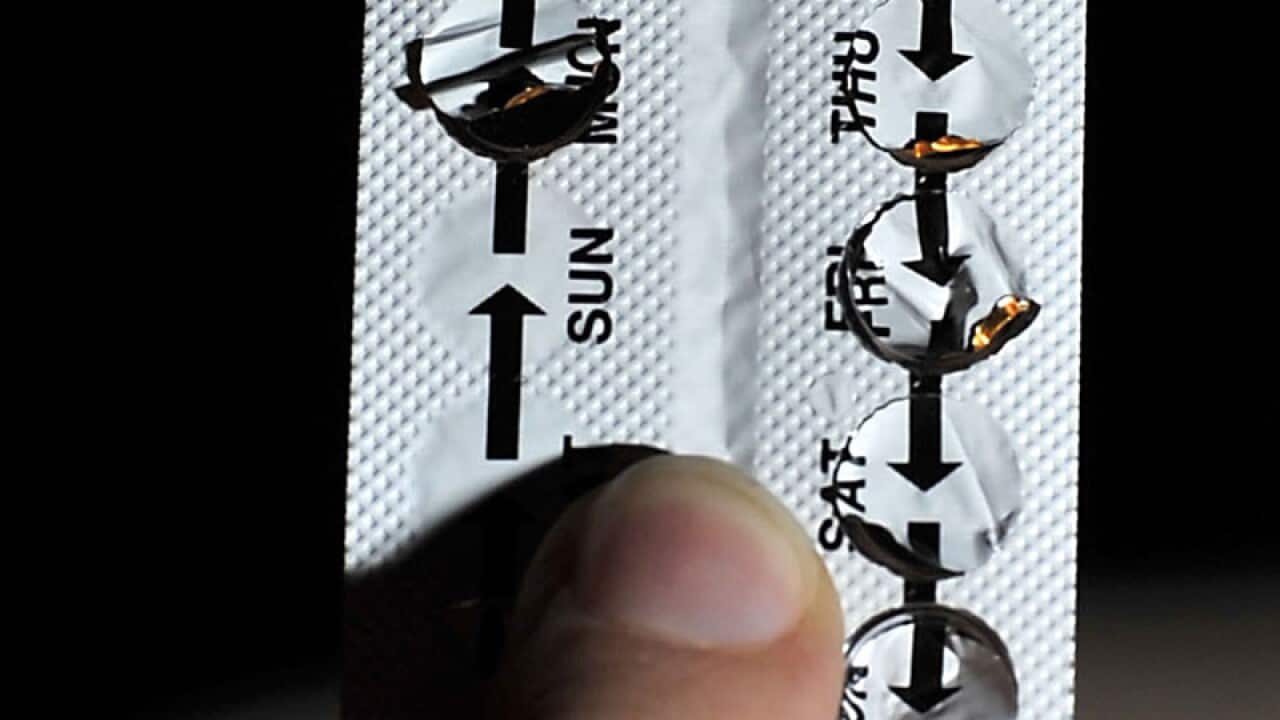Women taking hormonal contraceptives may be at increased risk of depression, especially from skin patches, a study has found.
Data from more than a million women in Denmark showed that those on the most popular type of pill were 23 per cent more likely to be prescribed an antidepressant than non-users.
Contraceptive patches delivering a synthetic version of the hormone progesterone through the skin doubled the risk, while the ring and coil raised it by 60 per cent and 40 per cent respectively.
Teenagers on the pill appeared to be more vulnerable than older women.
Scientists suspect a link with progesterone, which has been shown to have a negative effect on mood during the menstrual cycle.
The Danish researchers, led by Dr Ojvind Lidegaard, from the University of Copenhagen, wrote in the journal Jama Psychiatry: "Further studies are warranted to examine depression as a potential adverse effect of hormonal contraceptive use."
For the study, researchers analysed data from national registries in Denmark that included more than a million teenage girls and adult women aged 15 to 34.
Over an average period of six years, participants taking combined oral contraceptives containing a mixture of hormones were shown to be 23 per cent more likely than non-users to be treated with antidepressants for the first time.
Users of progestin-only pills which rely on synthetic progesterone had a 34 per cent increased risk.
Women using contraceptive patches, also containing progestin, were twice as much at risk.
For teenagers aged 15 to 19, use of the combined Pill led to an 80 per cent greater chance of being prescribed antidepressants.
The relative risks of having a diagnosis of depression mirrored those for being treated for the condition.
The study authors said both progesterone and its female sex hormone partner oestrogen were suspected of playing a role in depression.
Progesterone break down chemicals, or metabolites, have been shown to affect an important inhibitory system in the central nervous system.
Levels of the metabolites also increased after ovulation during the menstrual cycle and some women experienced negative moods at this time.
The findings supported the theory that progesterone might be linked to depression because "progestin dominates combined and progestin-only contraceptives", researchers said.

